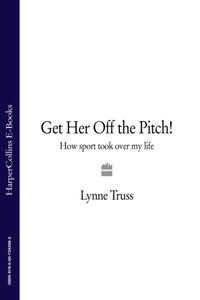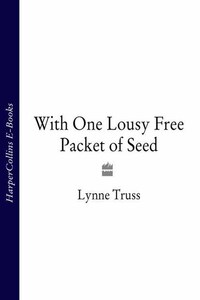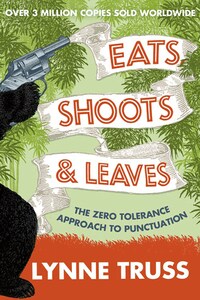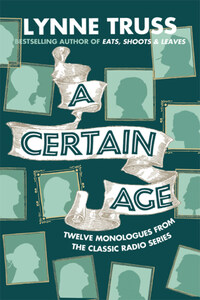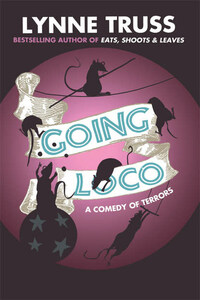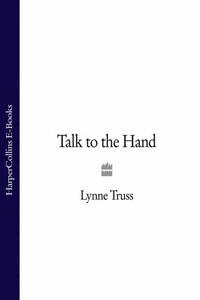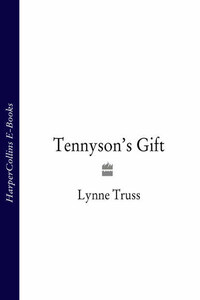Looking back on events some years later, I remember the moment quite clearly. The place was Madison Square Garden in New York City, and the occasion was a press conference, just a couple of days before the fight between Evander Holyfield and Lennox Lewis on Saturday March 13, 1999. Boxing promoter Don King had been bellowing at us for about an hour already, and the air was hanging heavy. Two very big bored boxers sat awkwardly, in clothes, with their heads in their hands; those of us who had tape recorders had long since switched them off; I was doodling a large and complicated doodle with a lot of dense cross-hatching. And then King announced, ‘And this fight is dedicated to women!’ And for a second, I reacted. I flipped a page in my notebook. ‘Dedicated to women? That’s quite interesting!’ I thought - and then, just as quickly, I kicked myself for being suckered like a patsy. How shaming. I prayed that no one had noticed. At this point, I had been in the world of international heavyweight boxing for three whole days, which was quite long enough to know the first rule of the business, which is never to allow anything said by Don King actually to penetrate your brain.
Two or three weeks before this, I would have asked without embarrassment, ‘Who is this Don King, then; and what does he do?’ but the assimilation of sudden and improbable expertise was the story of my life in those days. ‘You will be covering the Holyfield-Lewis fight at Madison Square Garden on March 13,’ they would tell me, those amusing sports-editor bosses at The Times in London; and, luckily for me, they didn’t expect much by way of an intelligent reply. Sporting knowledge was not what I’d been hired for by the Times sports desk; just a cheerful nature, an open mind, a clean driving licence, and an idiot willingness to deliver 900 words on deadline from any live sporting event, including those I didn’t remotely understand. ‘And this Holyfield-Lewis thing will be quite a big deal, I suppose?’ I might ask; and they would say, ‘Yes, Lynne, it’s a very big deal.’ I would momentarily consider mentioning that I did know one rather interesting fact about the American fighter Evander Holyfield - that the top of his ear had been bitten off, during a fight, by Mike Tyson - but then I’d think better of it. They could never disguise their pity when I said pathetic teacher’s-pet things like, ‘Ooh, Wembley’s the one with big white towers, isn’t it?’ or ‘Thierry Henry? I believe I’m right in thinking he’s French.’ So they would tell me I was going to this mysterious fight, and it was best policy just to say, ‘Well, you’re the boss,’ and start to arrange (in order of importance): a cat-feeding rota for my absence; a couple of opportunistic Broadway theatre outings; and a bit of basic remedial homework in the general subject area of boxing, to help me appreciate, simultaneously, both the significance of the event I had let myself in for, and the great bottomless chasm of my own ignorance.
I always really enjoyed the homework. In the week before travelling to Madison Square Garden in March 1999 for this heavyweight ‘unification’ title fight, I bought some serious books on boxing to read on the flight ( Joyce Carol Oates, Donald McRae, Norman Mailer), plus the video of When We Were Kings. This famous documentary movie deals with the 1974 Muhammad Ali-George Foreman fight in Zaire known as ‘The Rumble in the Jungle’, and I have to say I watched it one dark February evening at home in Brighton with considerable interest. What a great film. For one thing, it was terribly well put together, with all those twinkle-eyed ringside-seat recollections from Norman Mailer and George Plimpton. And for another - well, Ali actually won the fight, and I really didn’t see that coming. Yes, alone among all the millions of people who have watched that terrific account of a (then) 25-year-old iconic sporting occasion of legendary proportions, I hadn’t the faintest idea of the outcome. Ali leaned back on the ropes for ages, you see, allowing the more powerful Foreman to exhaust himself with huge, heavy, battering-ram punches, and then - all of a sudden, in the eighth round - sprang into elastic action and knocked Foreman out with a combination of deft, lightning blows. Well, good heavens, I thought, as I rewound the tape and munched a biscuit. More people really ought to take an interest in boxing.
